SEO for Beginners – User Experience
SEO for Beginners Part 5 – User Experience and SEO?
Welcome back to what is SEO – SEO for Beginners Series. In the last video, we went over SEO Factor #3 Page Speed.
We went over the importance of page speed and several easy ways to speed up your site.
In this video, we are on #4 of the 10 most important ranking factors, and that is User Experience.
SEO Factor #4: User Experience (UX)
Recently, Google started using a machine learning algorithm called RankBrain to figure out whether users are satisfied with their search results.
Web pages that show high satisfaction are ranked higher in search results.
RankBrain looks at User Experience Signals to figure out whether a page is satisfying users. It looks at how visitors interact with a web page and then rates the page based on the interactions.
If Google sees people interacting with your website in a positive way, your pages will rank higher, and you’ll get more organic traffic.
How do they know if visitors are having a positive experience with your website?
It looks at a few different things, including Click-Through Rate (CTR) and Dwell time.
Click-Through Rate (CTR)
Click-through rate (CTR) is the percentage of people who see your site in the search results and actually click through to your site.
If 100 people see your site and three click through, your CTR is 3%.
If your page has a high CTR, it’s a signal to Google that the web page is important and should rank high in the search results.
Every search result has three elements: the page title, page description, and page URL.
If you want to increase your click-through rate, it’s important to optimize each of these elements for maximum click-through rate:
Start by optimizing the page title. It needs to be attention-grabbing, so it stands out in search results. If your page title is boring, it won’t get clicks. Your page title should make it clear that the page definitely contains the information people are searching for and that it’s worth clicking on.
If you need help to come up with good titles, you can use CoSchedule’s Headline Analyzer. It examines your proposed title and makes suggestions for how it can be improved.
Next, optimize the page description, which is the text that shows up underneath the title. Like your title, it needs to be clear and compelling. Include the primary keyword in your description so that searchers know your page contains the information they are looking for.
Last, optimize the URL of your page. The best way is to make the URL as short as possible and include your primary keyword in it—something like this:
www.example.com/primary-keyword.
🛑 Avoid using long keywords; it’s best to keep them short and sweet.
Dwell Time
Dwell time is how long a visitor stays on your website after clicking on a search result.
If they stay on the page for a long time, it’s a sign to Google that the content is valuable and should show up high in the search results. Longer dwell time equals higher search engine ranking.
The main way to increase your page’s dwell time is to create outstanding content that visitors want to consume.
Light, fluffy content just won’t cut it. It’s important to give people in-depth content that pulls them in from the start, gives them everything they are looking for, and keeps them interested until the very end.
Here are things you can do to increase the dwell time on your pages:
1. Quick and Snappy Intros
Many intros take too long to get to the point. When someone lands on a page, they need to know right away whether it can help them; otherwise, they need to move on. So keep your introductions quick, clear, and straight to the point. Tell visitors what they’re going to learn and then move on to the rest.
2. Easy To Read
If you’re going to create long-form content, it has to be easy for visitors to read. Large blocks of text like a book are overwhelming online and will turn people off. Make sure to use plenty of subheadings, paragraph breaks, bullet points, bold things, and more to break up the text.
3. Long Form Content
Longer, more in-depth content usually performs better than short content. Long content provides more robust answers than short content, which leads people to stay on the page longer, which increases overall dwell time.
4. Embed Videos
Embedded videos can be a very helpful supplement to the text on your pages. And they keep people on your pages longer, which boosts your dwell time.
5. Internal Links
Linking to other relevant pages on your website causes people to explore your website more, which increases the overall dwell time on your site. So be sure to use internal links within each of your pages.
In the next video in the series, we’ll dive into SEO Factor #5: Content Freshness, Accuracy, and Depth
SEO For Beginners – What Is SEO?
Search Factor 1 – Search Intent
Search Factor 4 <– you are here 🤩
Search Factor 5 – Content Freshness & Depth
Search Factor 6 – Domain Authority
Search Factor 8 – Mobile Friendliness
Search Factor 9 – Structured Data
Website User Experience FAQs
Q: What is website user experience?
A: In short, website user experience (UX) is all about making sure that visitors to a site have a positive experience. This means providing them with relevant and useful content, easy navigation, and a overall pleasurable experience. Good UX can help to improve conversions, retention rates, and even organic search rankings.
Q: Why is UX important for SEO?
A: There are several reasons why UX is important for SEO. Firstly, Google has stated on multiple occasions that they take user experience into account when ranking websites. Secondly, good UX can help to improve click-through rates from SERPs (search engine results pages), as well as reducing the rate of bounces (people leaving a site after just viewing the landing page). Finally, happy users are more likely to share content and links, which can help to improve organic reach and Rankings.
Q: What are some common UX mistakes that can hurt SEO?
A: Some common UX mistakes that can hurt SEO include:
- not having a mobile-friendly site
- using pop-ups that block the content
- having slow loading pages
- having a complex navigation
- using intrusive advertising
All of these things can make it harder for users to find the content they’re looking for, which can lead to them leaving the site without taking any desired action. In turn, this can have a negative impact on SEO.
Q: How can I improve my website’s UX?
A: There are a number of ways to improve your website’s UX. Some common methods include:
- performing user research to understand what people want and need from your site
- making sure your site is easy to navigate
- creating compelling and relevant content
- ensuring your pages load quickly
- optimizing for mobile devices
- testing different design elements to see what works best
By taking these steps, you can help to ensure that your site provides a positive experience for users, which can in turn lead to better SEO results.
Q: What if I have more questions about Website User Experience?
A: If you have more questions about website user experience drop a comment below and I would be happy to help you out!
About Digital Marketing Expert Torie Mathis

Torie hosts SMART AF, a show for non-techy entrepreneurs looking to grow their business, with her husband Sean and is the creator of SMART AF Magazine. Learn from Torie at the Smart Arsenal and on her channel.
What do you think? Let's talk! Leave a comment.
YOU MAY ALSO LIKE

Is Your Marketing Taking You Away From The Things You Love?
What if you could get amazing results from your marketing without spending more time, more money, AND it was easy and predictable? Sean and I have suffered through it too, and we found the answer...
Hi! I'm Torie!

You don’t need crazy tech skills, buckets of cash, or dedicated staff to market your business. You don’t even need a lot of time.
What you need is to be SMART.
Smart Marketing For
Get Smart AF
DELIVERED TO YOUR INBOX
from your Digital Marketing Coach Torie Mathis!
Let's get SMART!
Let's Connect!

*Posts may contain affiliate links. If you use these links to purchase, I may earn a commission at no additional cost to you.



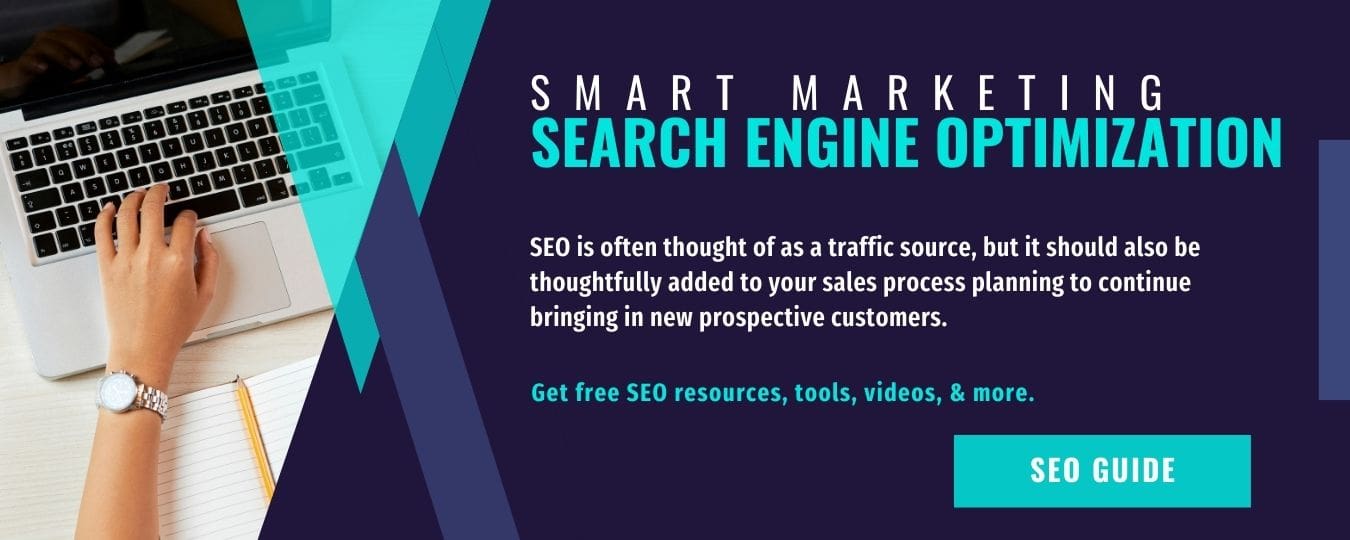







 I help entrepreneurs learn digital marketing.
I help entrepreneurs learn digital marketing.

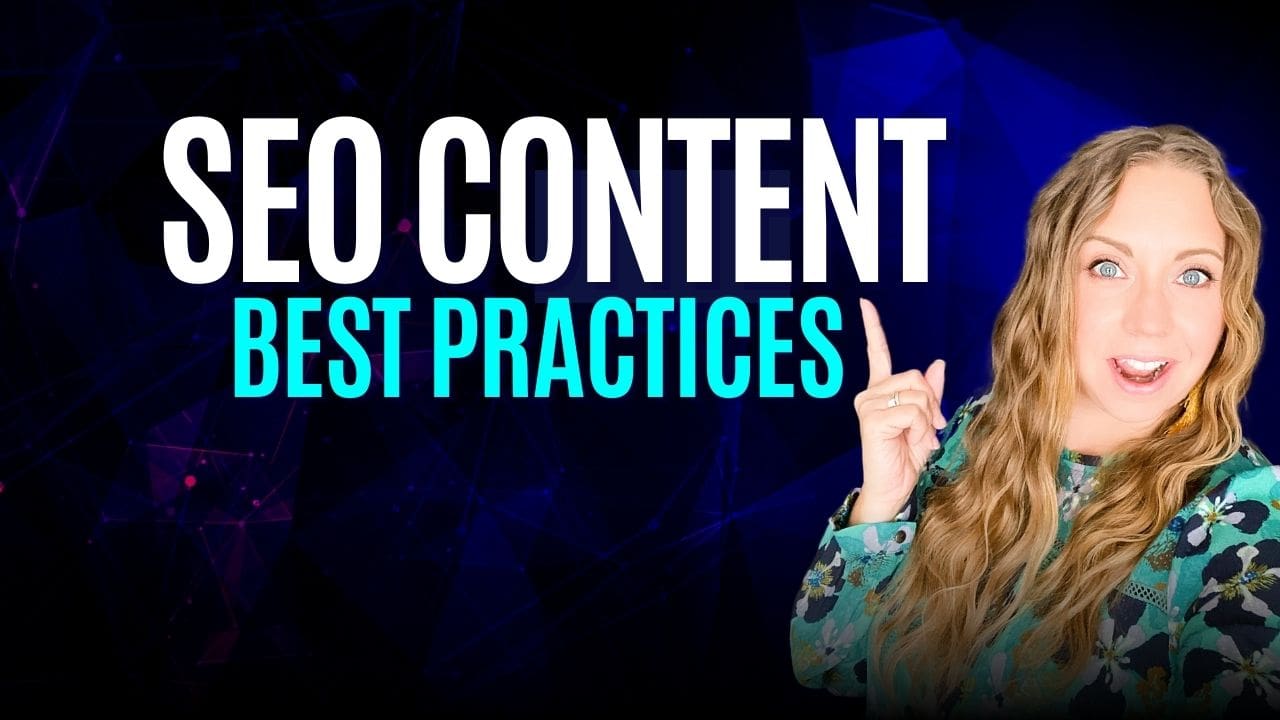
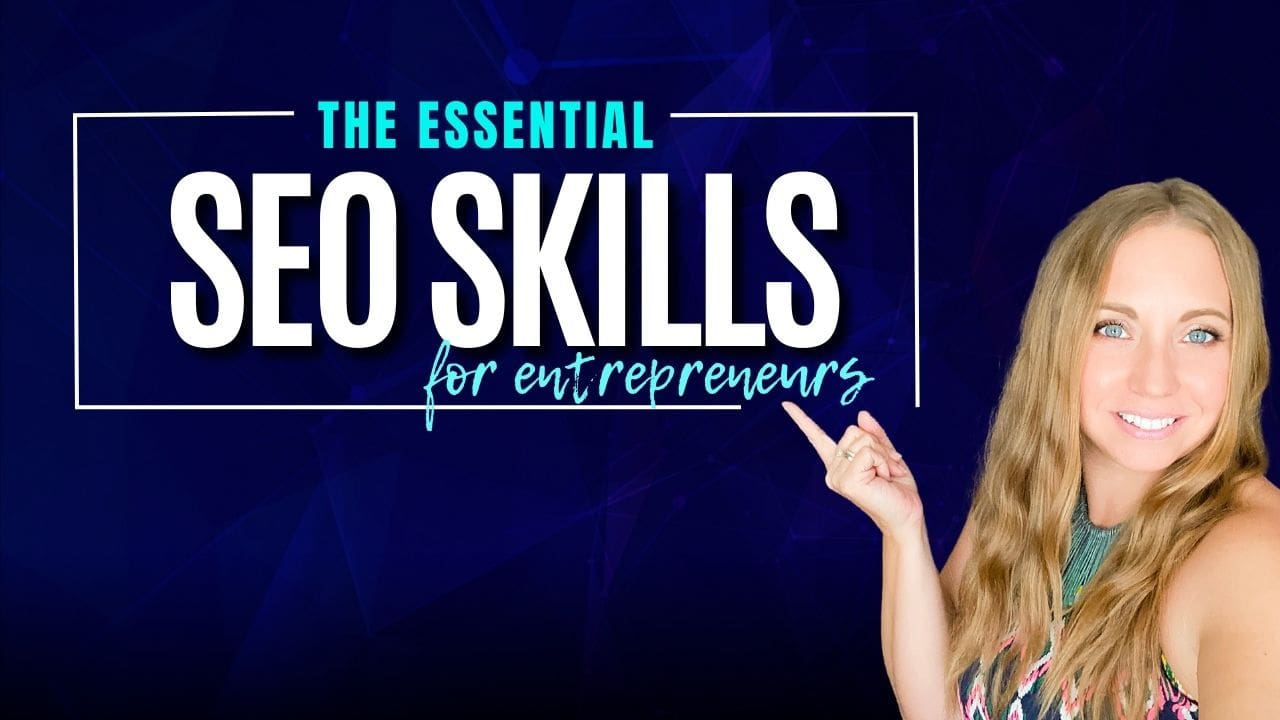
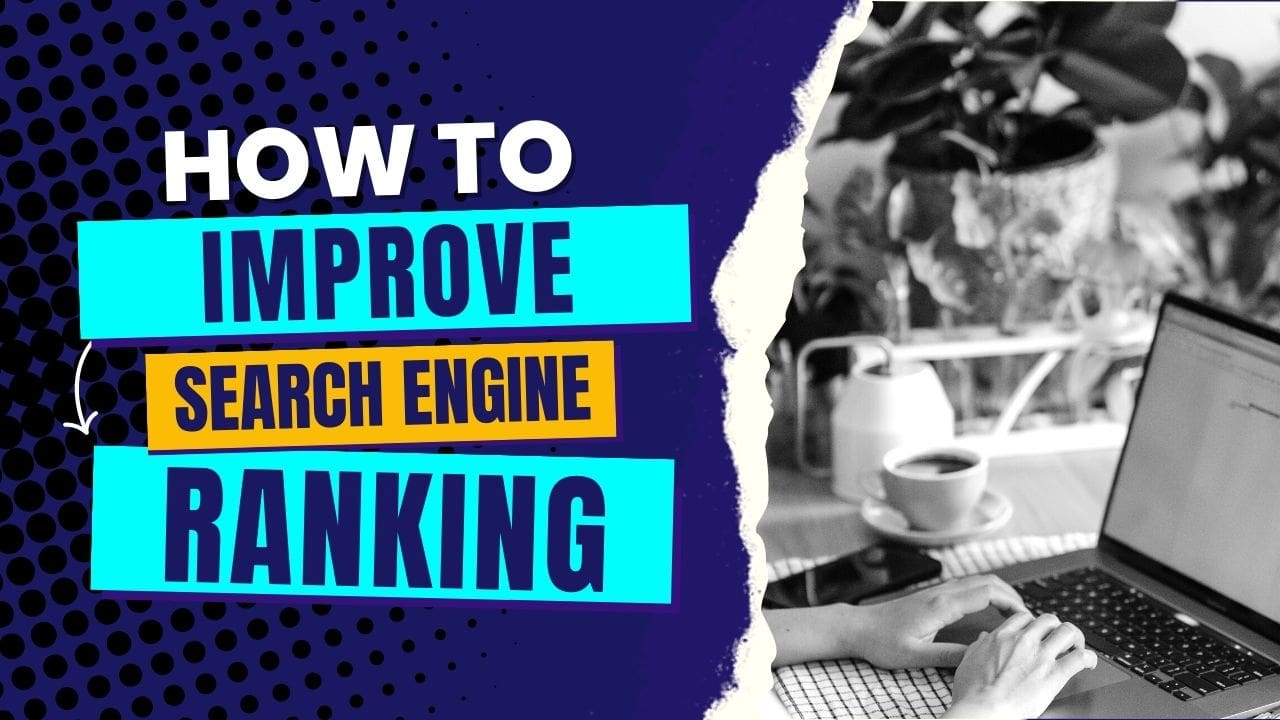
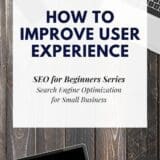
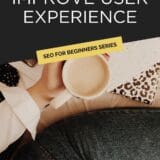
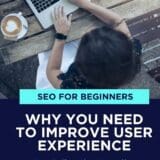
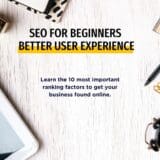
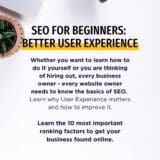
0 Comments